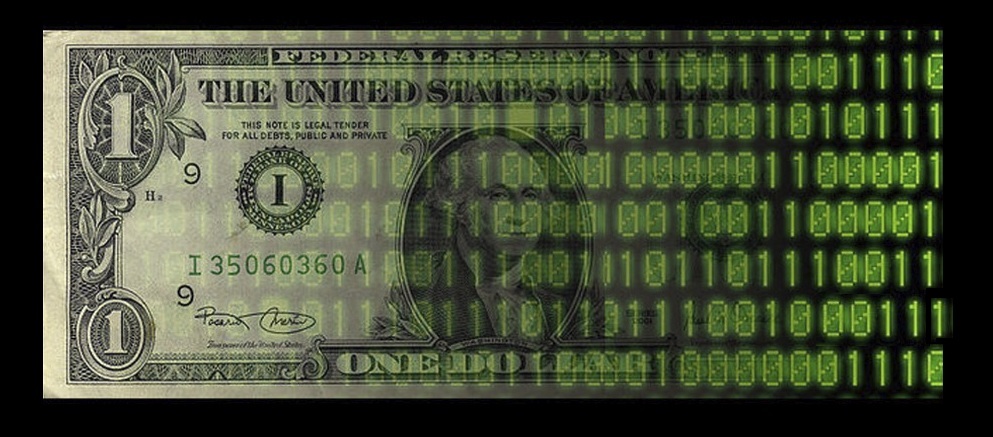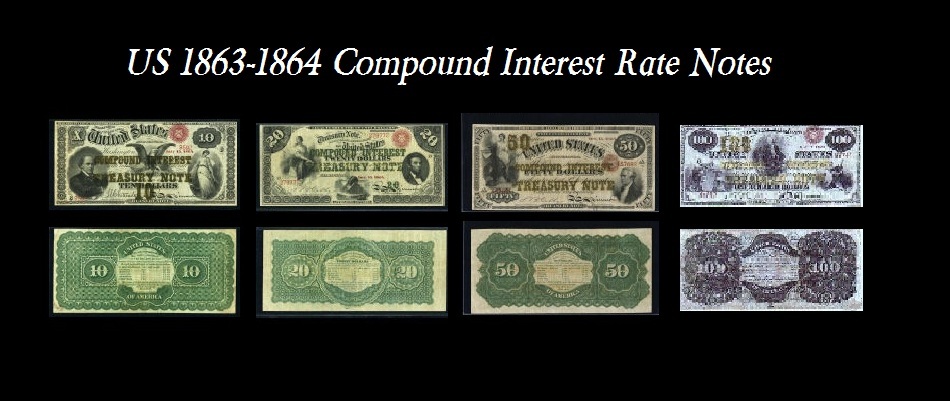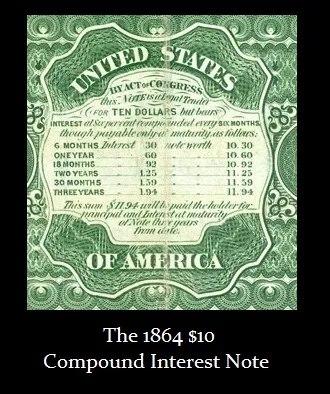Cash is less of a threat to central bank policies when interest rates rise above zero.
Sweden’s Riksbank has become the first central bank in the 21st century to take concrete measures to ensure that cash does not disappear as a means of payment from the financial system. To that end, the Riksbank proposes, in a document published on its website, to make it mandatory for all banks and financial institutions to offer cash services.
The pronouncement comes in response to a recent policy suggestion by the Riksbank Committee that only the country’s six major banks should be obligated to continue offering cash services.
That prompted a backlash from Sweden’s competition watchdog, which argued that the plan would distort competition as it would affect only a few of the nation’s banks. In response, the Riksbank has opted to apply the rule to “all banks and other credit institutions that offer payment accounts.”
There was also a difference of opinion between the Riksbank Committee and the central bank’s senior management on the issue of deposit facilities. While the Committee recommended that banks should only be obligated to provide deposit facilities to businesses, the Riksbank believes it is important for banks to also offer deposit services to individual citizens:
“This is a service that consumers can reasonably expect of credit institutions. There must also be symmetry between withdrawal and deposit facilities. In the Riksbank’s view, there is otherwise a risk that the possibilities for individuals to make deposits will decrease even further in the future. For most consumers, it would also be difficult to understand why they can withdraw cash from an account but not make deposits.”
…click on the above link to read the rest of the article…









 Indian Prime Minister, Narendra Modi on the cover of an Indian magazine in 2002, when he was the Chief Minister of the Indian province of Gujarat. During his reign in Gujarat, a civil-war like situation erupted, which seriously segregated the province’s society. It brought Hindus into a state of trance and excitement and provided them with the fake-security of the collective. Alas, wealth and civilization are created by an intense focus on value-addition, not from the short-term escapist excitement of mobs expressed through riots and rape. Destructive endeavors are a major vulnerability of poor societies, given their irrationality and lack of foresight and planning, and their short-sighted focus on high time-preference, pleasure-centered activities.
Indian Prime Minister, Narendra Modi on the cover of an Indian magazine in 2002, when he was the Chief Minister of the Indian province of Gujarat. During his reign in Gujarat, a civil-war like situation erupted, which seriously segregated the province’s society. It brought Hindus into a state of trance and excitement and provided them with the fake-security of the collective. Alas, wealth and civilization are created by an intense focus on value-addition, not from the short-term escapist excitement of mobs expressed through riots and rape. Destructive endeavors are a major vulnerability of poor societies, given their irrationality and lack of foresight and planning, and their short-sighted focus on high time-preference, pleasure-centered activities.



